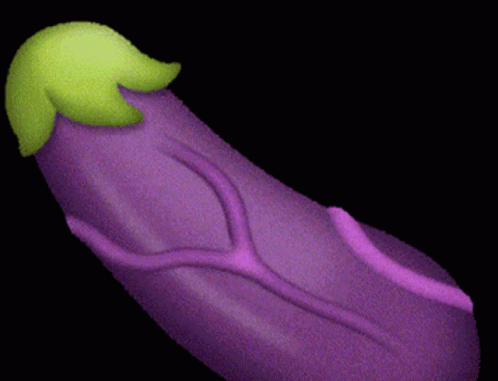
It’s not sugar and it’s not carbs…
Unsubscribe | Report as spam | Change email preferences
Story-At-a-Glance
Hey, Matt Cook here, and over the last 20 years, we’ve been told over and over again that sugar and carbohydrates, in general, cause blood sugar problems.
But nearly every piece of experimental evidence shows just the opposite.
Here’s what’s really causing blood sugar problems…
—-Important Message—-
Newly discovered muscle “down there” gets men rocky on command
Can you remember your teenage-self getting “too excited” in public?
Back then, when puberty was giving you the works, there wasn’t much you could do to hide full-blown erections in embarrassing situations.
But the sad truth is, as men age, such random erections doesn’t happen frequently anymore…
And most guys think there’s nothing they can do about it.
Except you CAN do something about it… if you take advantage of this newly discovered muscle in your member…
See what I mean here: How to get your member to spontaneously respond to triggers (and get erections at will)
———-
The real cause of bad blood sugar is not what they say
In study, the government of the United Kingdom looked at the relationship between dietary carbohydrates and fat on HbA1c.
HbA1c is a common blood test that measures the average blood sugar level over the last 2 or 3 months.
People with diabetes are advised to keep their HbA1c within a certain range.
In this context, lower HbA1c is better.
But the research showed that decreasing carbohydrates was associated with an increased risk of diabetes.
Conversely, increasing fat consumption massively increases the risk of diabetes.
The human research was carried out at The University of Glasgow in Scotland. This paper was published in The European Journal of Nutrition.
Many nutritionists, doctors, health gurus, and celebrities will tell you the same thing…
That eating lots of fat and very little carbohydrate is the best way to avoid or reverse diabetes.
You should always ask for the evidence…
It is “scarce,” to say the least.
“Evidence of low-carbohydrate, high-fat diets for type 2 diabetes prevention is scarce.”
In this study, the researchers analyzed food diaries from over 3,000 people.
“We analyzed dietary information from 3234 individuals aged ≥ 16 years in eight waves of the United Kingdom National Diet and Nutrition Survey.
They analyzed the data in various ways and, most importantly, compared carbohydrate and fat consumption against HbA1c.
HbA1c is a long-term marker of blood sugar control.
“Among those without diabetes, analyzes between exposures and percentage of HbA1c (continuous) were analyzed using multivariate linear regression.”
The researchers considered many other factors known to affect HbA1c and type 2 diabetes risk.
“All analyses were adjusted for age, gender, body mass index, ethnicity, smoking status, total energy intake, socioeconomic status, and survey years.
Decreasing the percentage of calories from carbohydrates by 5% was associated with a 12% increase in the risk of diabetes.
The researchers found that a similar increase in fat consumption was associated with a 17% increased risk of having diabetes.
“Every 5% decrease in carbohydrate, and every 5% increase in fat, was associated with 12% and 17% higher odds of diabetes, respectively.”
Many people recommend a low-carbohydrate, high-fat diet (LCHF).
But the greater the adherence to the low-fat, high-carbohydrate diet, the greater the risk of diabetes.
“Each two-point increase in LCHF score is related to 8% higher odds of diabetes, while there was no evidence for association between DRV score and diabetes.”
The results were relevant to people who had type 2 diabetes.
But the same dietary/HbA1c patterns were observed in people without diabetes.
“Among the participants without diagnosed diabetes, every 5% decrease in carbohydrate was associated with a higher percentage of HbA1c , whereas every 5% increase in fat was associated with a higher percentage of HbA1c.”
This and many other studies show that the low-carbohydrate, high-fat diet doctrine is anything but scientific.
All the research shows that decreasing carbohydrate intake increases your risk of diabetes.
Increasing your fat consumption increases your risk of diabetes even more.
“Lower carbohydrate and higher fat intakes were associated with higher HbA1c and greater odds of having diabetes. These data do not support low(er) carbohydrate diets for diabetes prevention.”
I go into many of the reasons behind this in my newsletters.
In short, fats in the blood compete with sugar for access to the cell.
Consuming a lot of unsaturated fats has numerous effects on the pancreas and blood sugar management.
—-Important Message About Blood Sugar Problems—-
This special breakfast prevents and reverses blood sugar problems in men
It costs less than $1 to make every morning…
It’s so quick, it can fit into any man’s morning routine…
And it’s helping men avoid diabetes and prediabetes, while giving men a nice boost of T, energy, and stamina.
Here’s the special breakfast I recommend for all men
———-




